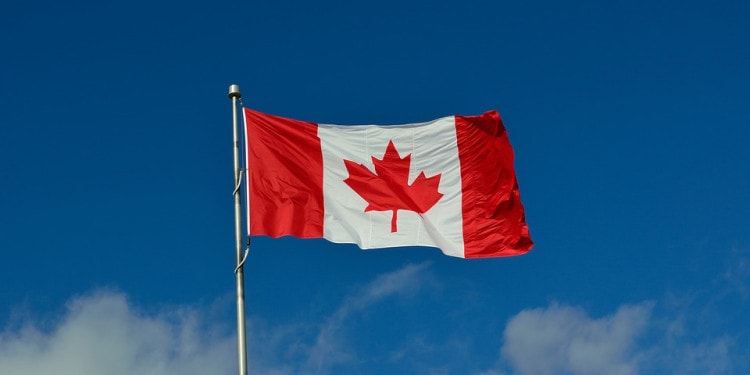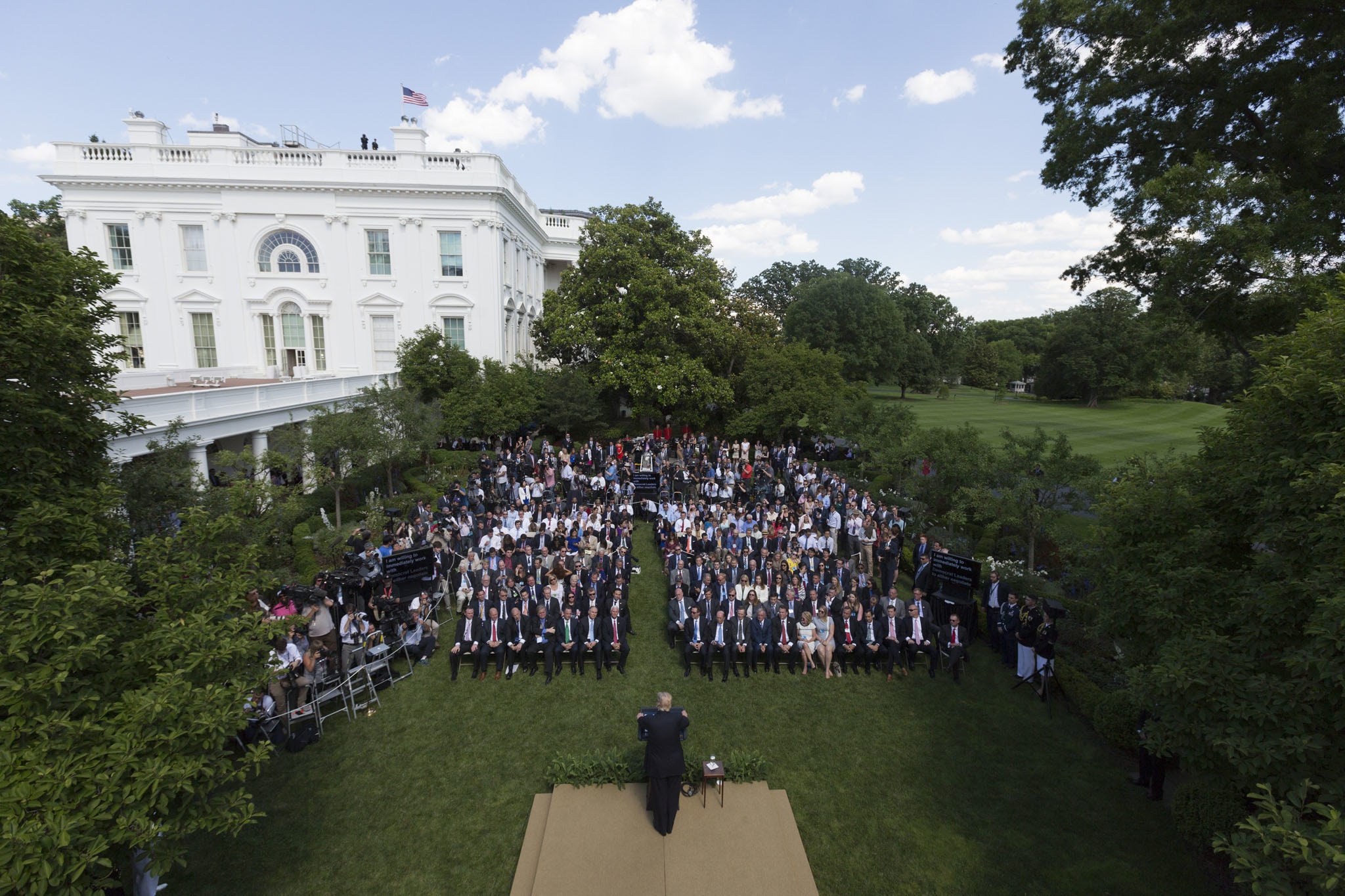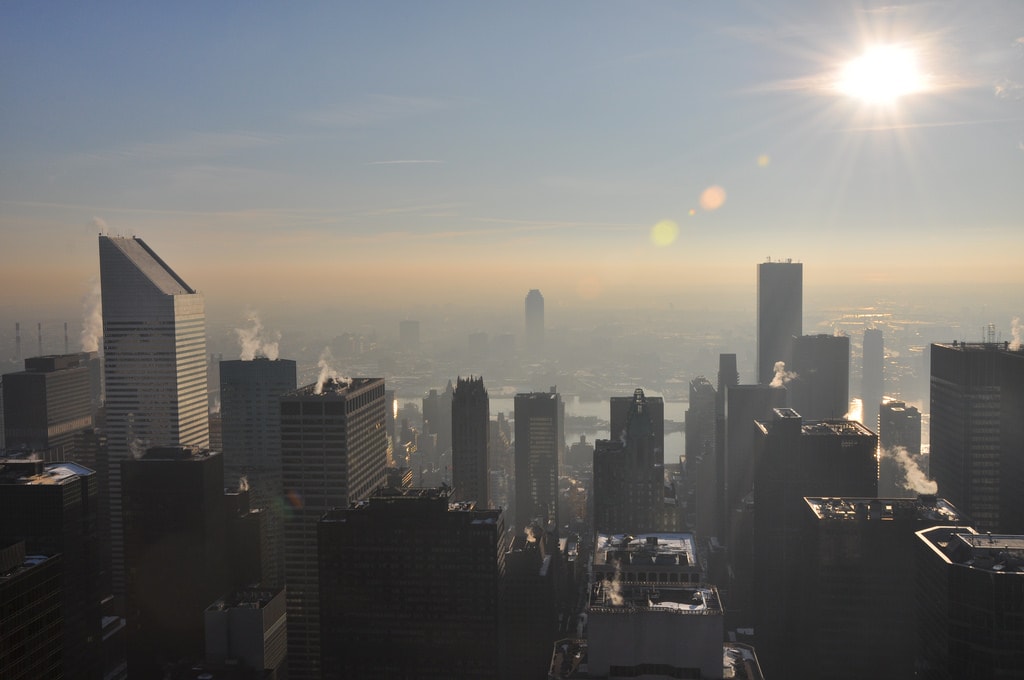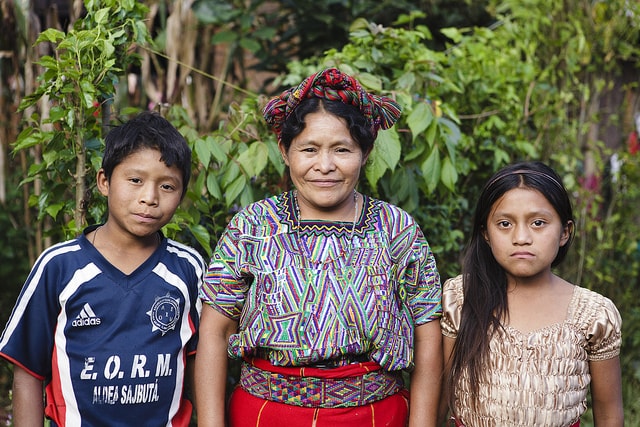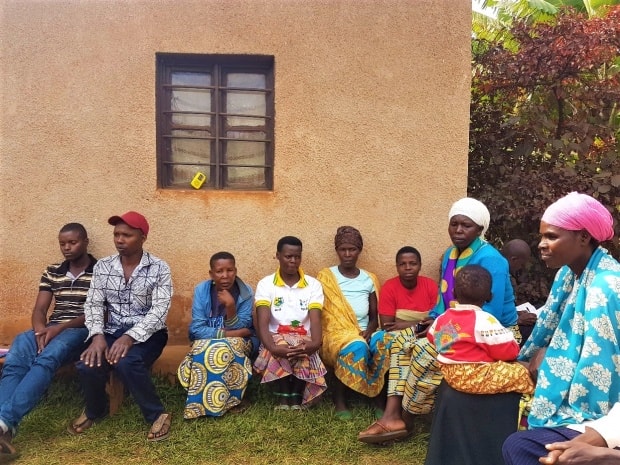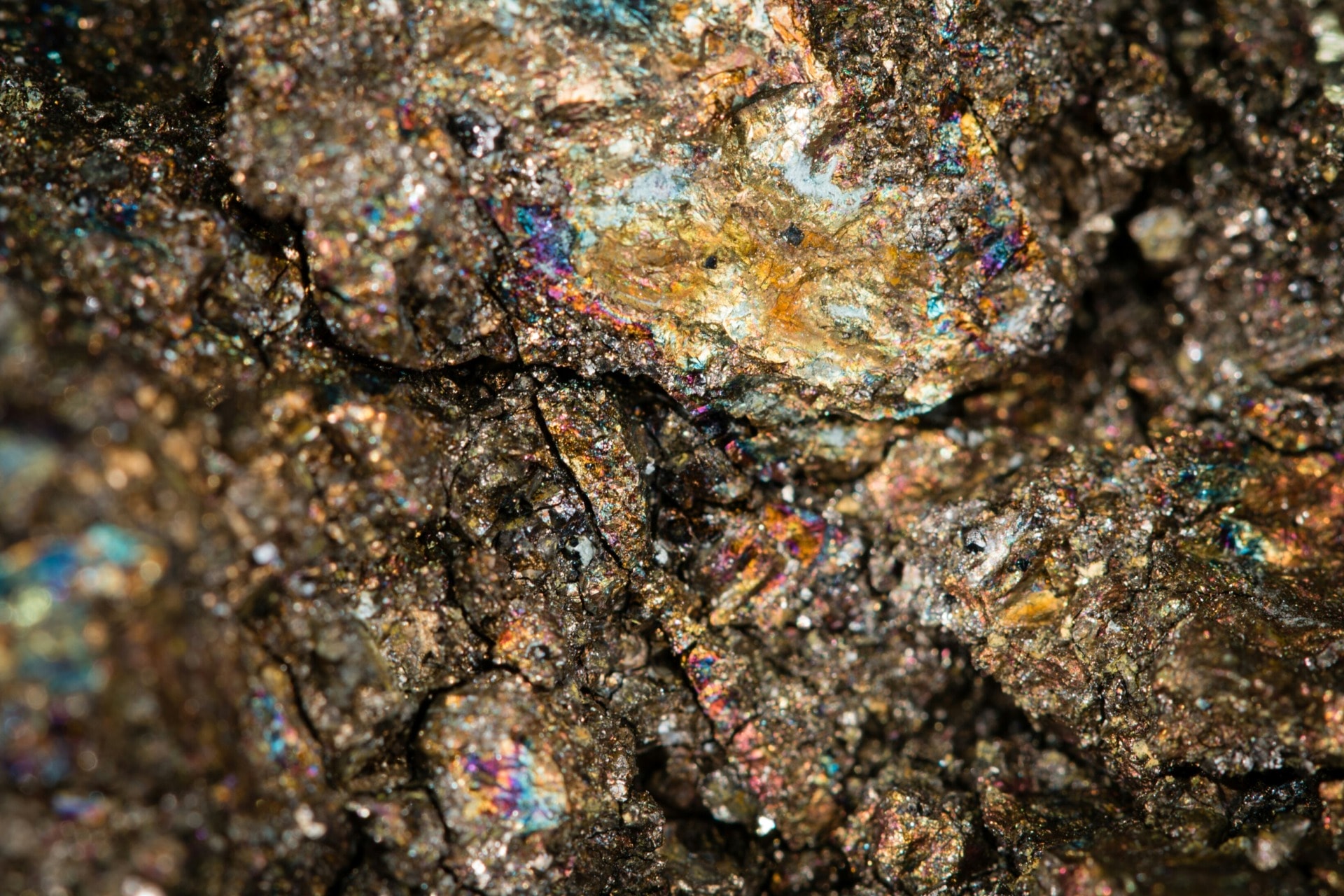With Canada’s federal elections approaching later this month, the Canada election scene is picking up. The first French election debate held on Quebec’s main television chanel saw a face-off between the leaders of four of the nation’s political parties. The incumbent Justin Trudeau represented the Liberals, Andrew Scheer for the Conservatives, Jagmeet Singh as the New Democratic Party Leader, and Yves-François Blanchet as a fresh face for the Bloc Québécois.
The debate hosted in French and aired via TVA, was primarily aimed at unilingual voters in Quebec who are key players in the upcoming Canada election. With the nation’s most unpredictable voters as their audience, the four leaders navigated issues such as climate change, discrimination, and employment.
Along with Maxime Bernier of the People’s Party, Elizabeth May, leader of the Green party, did not receive an invitation. May expressed her “resigned indignation” for being excluded from the debate. Both leaders were present at the two subsequent debates last week.
The debate started with Trudeau taking the lead in grilling Scheer on his personal opinions on social issues, such as abortion and assisted dying. The Conservatives have persistently faced the question of whether the abortion debate would be re-opened if they were elected. As Scheer dodged the repeated questions, Trudeau singled out the Conservative Leader as the only leader who is not aligned with Quebecers’ values on women’s rights. In a post-debate conference, Scheer confirmed that he is Catholic and pro-life, but he would maintain the status quo if elected.
With regards to discrimination, Bill 21 was a topic of discussion. The new bill was passed in June, which prevents government officials in Quebec from wearing religious symbols. Opposed by all leaders except Blanchet, the Leader of the Bloc urged voters to send more MPs to Parliament who “resemble” them and their secularist interests. In response, Scheer argued that since the Bloc will not form a government, Quebecers need to support the Conservatives in pushing Trudeau out of office so that they have a say at the table.
The SNC-Lavalin affair was also unsurprisingly brought into the spotlight. The Ethics Commissioner had found that Trudeau improperly influenced the former Minister of Justice to intervene in the Quebec engineering firm’s ongoing criminal case. While Blanchet criticised Scheer for not defending the thousands of Quebecer’s employed at the firm, Scheer attacked Trudeau for undermining the judiciary’s independence. Trudeau used job protection as a shield, which was rejected by Singh. Singh argued that the affair shows the Liberal Leader’s affinity to be influenced by corporate interests and the elite, unlike the progressive NDP leader who is representing the working class.
The night called into question the parties’ environmental records. With Quebecers strongly opposed to pipeline projects, Scheer took the opportunity to attack Trudeau for buying a CA$4.5 billion crude oil pipeline. Defending the “difficult decision”, Trudeau promises that the Liberals are still committed to transitioning the economy away from oil. Singh and Blanchet also forced Scheer to defend his own pipeline plans, which would place a national “energy corridor” through Quebec and across the country. Further, Scheer criticised Trudeau for being the only candidate to have two campaign planes, condemning him as a “hypocrite”. Trudeau then went on the offensive as he attacked the Conservatives for not purchasing carbon credits to offset any greenhouse gas emissions generated from the campaign.
While the debate was aimed at gaining seats in Quebec, there were two debates broadcasted across the nation prior to the polls opening on October 21. Last week’s debates included the leaders of all major political parties, including May and Bernier. The outcome of the Canada election is still uncertain.


